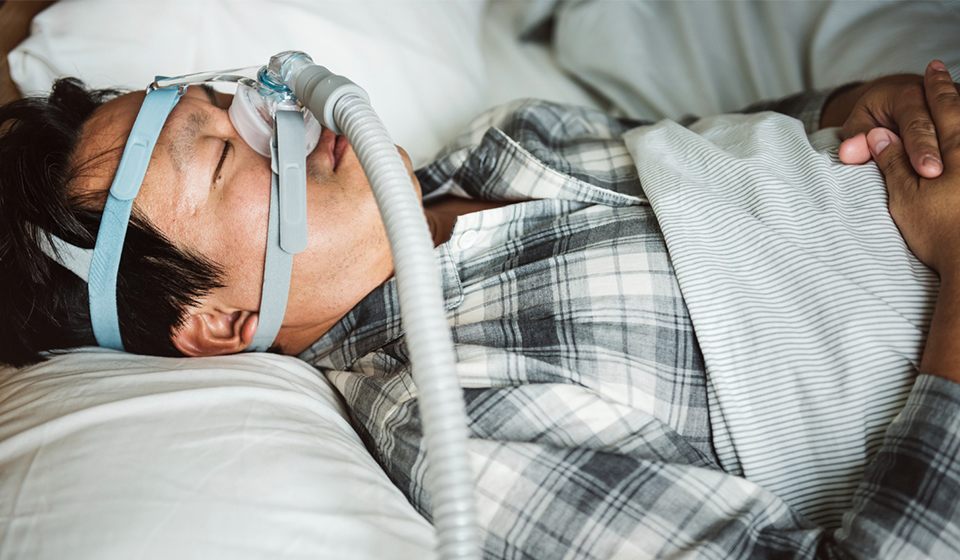Sleep apnea in Houston, a potentially serious sleep disorder characterized by repeated episodes of breathing interruptions during sleep, is often surrounded by misconceptions and myths. These misunderstandings can prevent individuals from seeking proper diagnosis and treatment, leading to adverse health consequences. In this article, we’ll debunk some common sleep apnea myths and explore the treatment options available in Houston.
Myth 1: Sleep Apnea Only Affects Overweight or Older Adults
While obesity and advanced age are risk factors for sleep apnea, this condition can affect individuals of any age and body type. Even children and young adults with no apparent risk factors can develop sleep apnea due to anatomical or neurological factors.
Myth 2: Snoring is Just a Nuisance, Not a Medical Concern
While snoring alone may not always indicate a serious health issue, it can be a significant symptom of sleep apnea. Loud, persistent snoring accompanied by gasping, choking, or pauses in breathing during sleep should be evaluated by a healthcare professional.
Myth 3: Sleep Apnea is Just a Minor Inconvenience
Untreated sleep apnea can have far-reaching consequences beyond disrupted sleep. It has been linked to various health issues, including high blood pressure, heart disease, stroke, diabetes, and increased risk of accidents due to excessive daytime sleepiness.
Myth 4: CPAP Machines are Uncomfortable and Impossible to Sleep With
While Continuous Positive Airway Pressure (CPAP) machines were once bulky and noisy, modern devices are much more comfortable, quieter, and easier to use. With proper fitting and adjustment, most patients can adapt to using CPAP machines for a restful night’s sleep.
Treatment Options Available in Houston
Houston is home to several renowned medical facilities and sleep centers that offer comprehensive treatment options for sleep apnea. Here are some of the available treatments:
- Continuous Positive Airway Pressure (CPAP) Therapy: CPAP machines are the most common and effective treatment for sleep apnea. These devices provide a steady flow of air that keeps the airway open during sleep, preventing apnea episodes.
- Oral Appliance Therapy: For patients with mild to moderate sleep apnea or those who cannot tolerate CPAP therapy, oral appliances can be an effective alternative. These custom-fitted devices reposition the jaw and tongue to keep the airway open.
- Weight Loss and Lifestyle Changes: For overweight or obese individuals, weight loss and lifestyle modifications, such as avoiding alcohol and sedatives, can often alleviate sleep apnea symptoms or reduce their severity.
- Surgery: In some cases, surgical interventions may be recommended to remove excess tissue or correct structural abnormalities that contribute to sleep apnea.
- Positional Therapy: For individuals whose sleep apnea is primarily related to sleeping on their backs, positional therapy devices or techniques can help train them to sleep on their sides, reducing the risk of airway obstruction.
Conclusion
If you suspect that you or a loved one may be suffering from sleep apnea, it’s crucial to seek professional evaluation and treatment at Unident Family Dentistry in Houston. Early intervention can help prevent the serious health consequences associated with this condition and improve overall quality of life.






